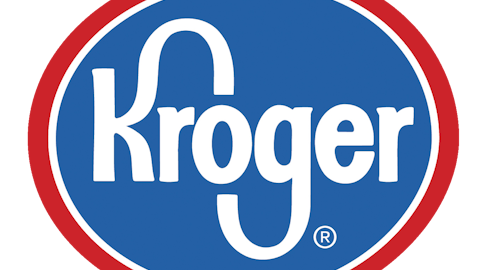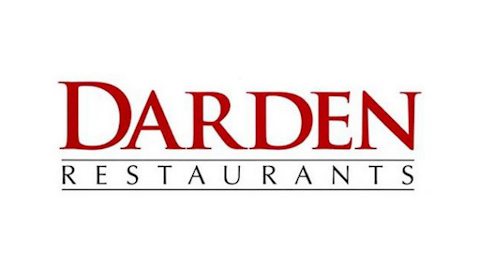
After quality, the second biggest factor for practically everyone is price. You want to be sure you’re receiving the most bang for your buck whenever you buy anything, especially food.
Because there are so many options for Americans out there, purveyors of foodstuffs aggressively try to keep prices low in order to entice customers. The grocery store business is notoriously a low-margin one.
Even so, just because a business operates in a low margin environment doesn’t necessarily make it a bad investment. I wanted to examine and compare three large supermarket chains to see if any of them seem like an attractive buy.
A safe place to invest?
Safeway Inc. (NYSE:SWY) is the second largest supermarket chain by revenues in the United States, although it is utterly dwarfed by the company in the number one spot.
The company operates 1,641 stores primarily in the western and mid-Atlantic states. The market is currently offering to sell Safeway Inc. (NYSE:SWY) to investors for $5.9 billion dollars–how fair is that price?
To answer that let’s first look at the balance sheet. Safeway Inc. (NYSE:SWY) has a narrow working capital deficit and shareholder’s equity of approximately $3 billion.
Between 2007 and 2012 Safeway Inc. (NYSE:SWY) nearly halved its amount of outstanding diluted shares. Diluted shares outstanding represent the amount of shares that would exist if holders of the company’s warrants, and other convertibles, exercised their privileges.
Safeway Inc. (NYSE:SWY) has generated, on average, $314.2 million in net income between 2008-2012. In the five years before that average net income was $542.1 million.
The main reason the average was so much lower in the more recent 5 year span was because the company took a write down on its goodwill of nearly $2 billion in 2009. Don’t worry, that’s something that couldn’t happen again, seeing as how the company now has less than $500 million worth of goodwill on its balance sheet.
Safeway’s dividend yield of 3.2% is the highest of these three supermarket stocks. The company has never lowered its distributions since they began in 2005. During that time distributions grew at a CAGR of 18.9%.
All in all Safeway Inc. (NYSE:SWY) doesn’t seem like a bad investment at current prices.
But this supermarket stock does
There are multiple reasons why I don’t want to buy any stock in SUPERVALU INC. (NYSE:SVU) right now. The company has a working capital deficit of $1.3 billion, or over 70% of its market cap. Stockholder’s equity is currently negative $1.4 billion.
The company has recorded net losses of over $1 billion in four out of the past five years. The company’s dividends paid per share were 87.3% lower in 2013 than in 2009. SUPERVALU INC. (NYSE:SVU) seems like a pretty poor investment right now.
The company did just appoint a new management team, so some investors might see this as a turnaround opportunity. The odds of that happening seem miniscule at best, though, as reversing half a decade’s worth of massive losses is not an easy thing to do.

